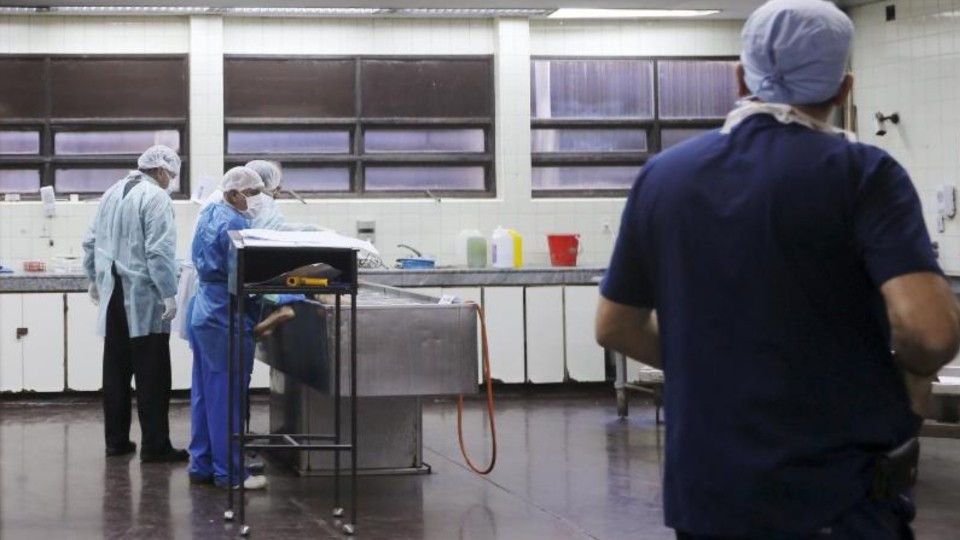Coroners
Coroner, County Coroner, Deputy Coroner, Medical Examiner
What they do:
Direct activities such as autopsies, pathological and toxicological analyses, and inquests relating to the investigation of deaths occurring within a legal jurisdiction to determine cause of death or to fix responsibility for accidental, violent, or unexplained deaths.
On the job, you would:
- Perform medicolegal examinations and autopsies, conducting preliminary examinations of the body to identify victims, locate signs of trauma, and identify factors that would indicate time of death.
- Inquire into the cause, manner, and circumstances of human deaths and establish the identities of deceased persons.
- Complete death certificates, including the assignment of cause and manner of death.
Knowledge
Arts and Humanities
- English language
Health
- medicine and dentistry
Business
- customer service
- management
Safety and Government
- law and government
Skills
Basic Skills
- reading work related information
- talking to others
Problem Solving
- noticing a problem and figuring out the best way to solve it
Social
- understanding people's reactions
- changing what is done based on other people's actions
Abilities
Verbal
- communicate by speaking
- communicate by writing
Ideas and Logic
- make general rules or come up with answers from lots of detailed information
- use rules to solve problems
Visual Understanding
- see hidden patterns
- quickly compare groups of letters, numbers, pictures, or other things
Hand and Finger Use
- hold or move items with your hands
Personality
People interested in this work like activities that include ideas, thinking, and figuring things out.
They do well at jobs that need:
- Integrity
- Attention to Detail
- Dependability
- Self Control
- Cooperation
- Stress Tolerance
Technology
You might use software like this on the job:
Data base user interface and query software
- Structured query language SQL
- Transact-SQL
Video conferencing software
- Zoom
Graphics or photo imaging software
- Graphics software
- Mideo Systems EZDoc Plus
Education
Education: (rated 3 of 5)
Job Outlook
Bright
New job opportunities are very likely in the future.
Explore More
- Detectives & Criminal Investigators
- Forensic Science Technicians
- Medical Records Specialists
- Police & Sheriff's Patrol Officers
- Police Identification & Records Officers
You might like a career in one of these industries:
See more details at O*NET OnLine about coroners.





